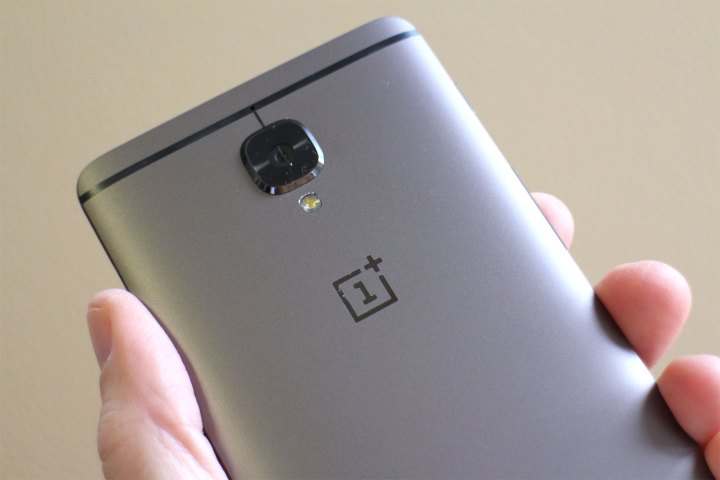
Equipped with Qualcomm’s Snapdragon 821 chipset and a mostly clean version of Android, the OnePlus 3T is a speedy phone and one of the better options available. According to the report, the site’s editor-in-chief wanted to take a closer look at the processor and how it worked in the phone, so he used Qualcomm Trepn and Snapdragon Performance Visualizer to see how the CPU’s clock speed is boosted when opening apps.
What he found was that certain apps on the OnePlus 3T did not go back to normal idling speeds after being opened. XDA teamed up with Geekbench to see whether this was the case, and the results confirmed that the higher clock speeds were due to an application’s name, not the CPU workload. In other words, the clock speeds were kept up when apps like AnTuTu and Geekbench, two of the more popular mobile benchmarks, were opened in order to boost benchmark scores.
The report also calls out Meizu and its Pro 6 for the same practice, though to a lesser extent.
Interestingly, OnePlus confirmed the report and said the benchmark scores were a feature within OxygenOS, the company’s take on Android, to help games and resource-intensive apps perform better.
“In order to give users a better user experience in resource intensive apps and games, especially graphically intensive ones, we implemented certain mechanisms in the community and Nougat builds to trigger the processor to run more aggressively,” said OnePlus in a statement. “The trigger process for benchmarking apps will not be present in upcoming OxygenOS builds on the OnePlus 3 and OnePlus 3T.”
As previously alluded to, Samsung, HTC, Sony, and LG were found guilty of benchmark cheating, though they eventually stopped the practice.


